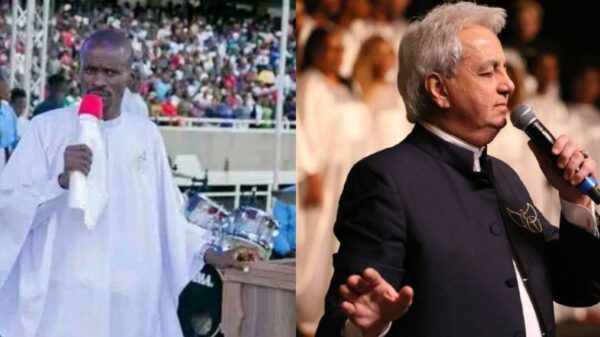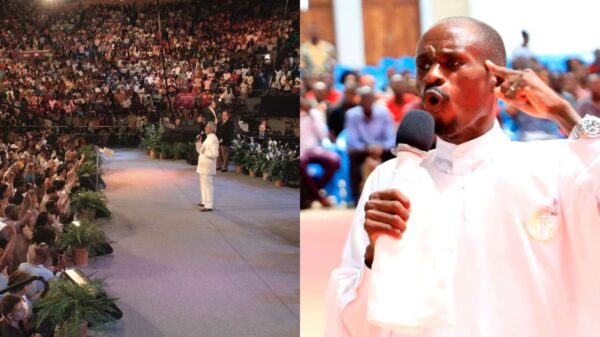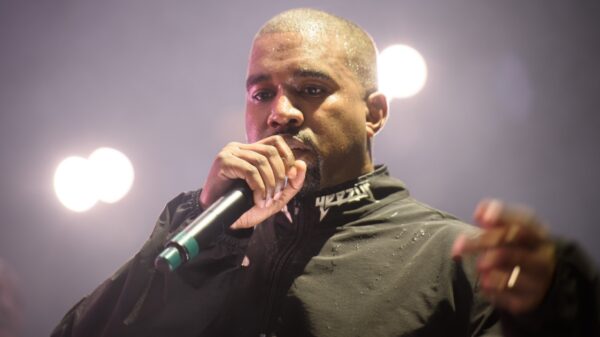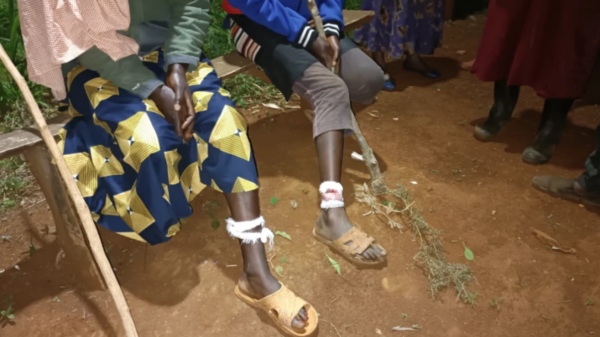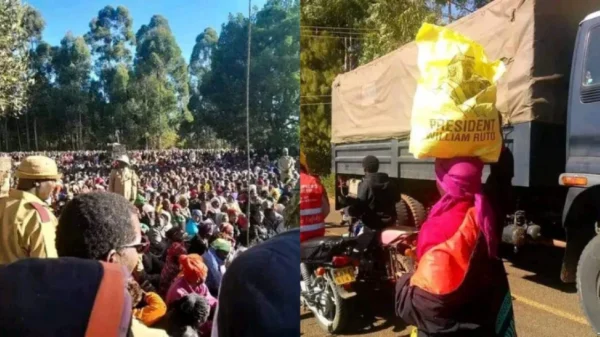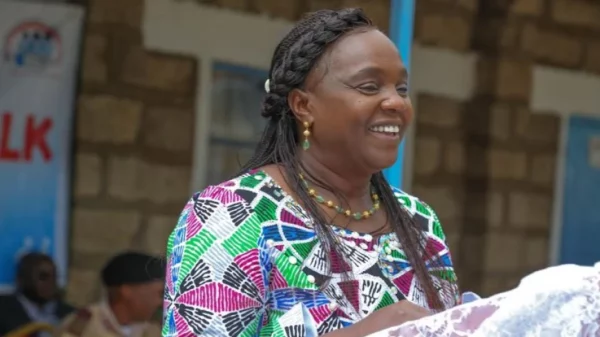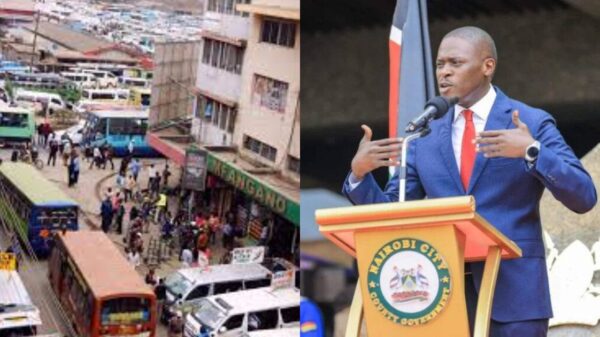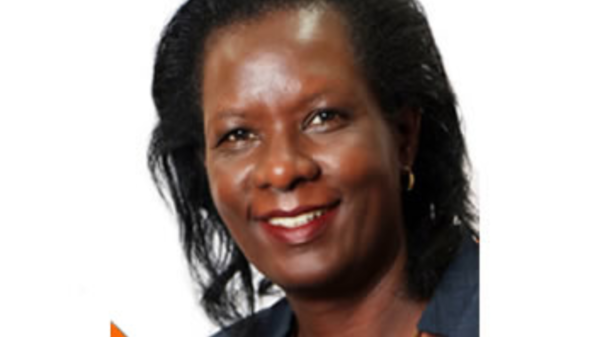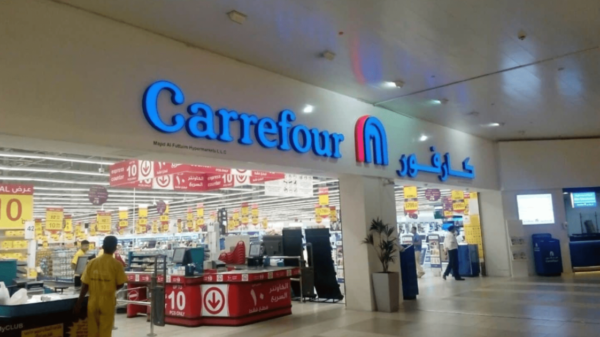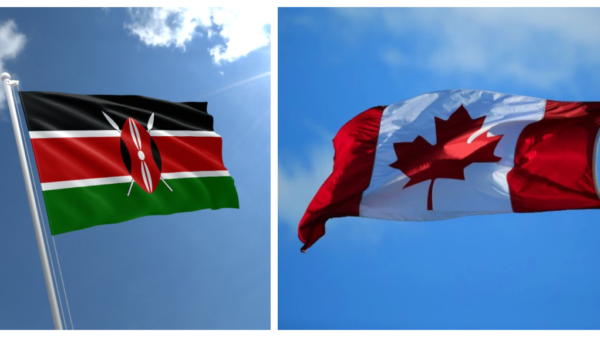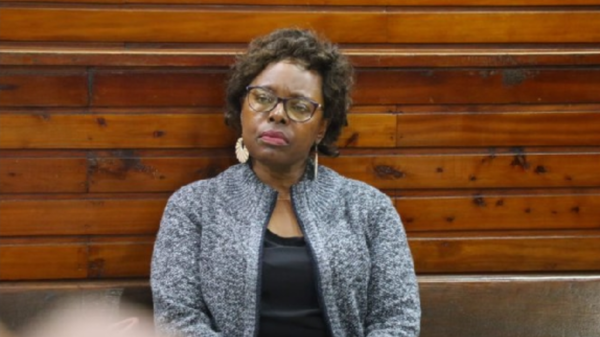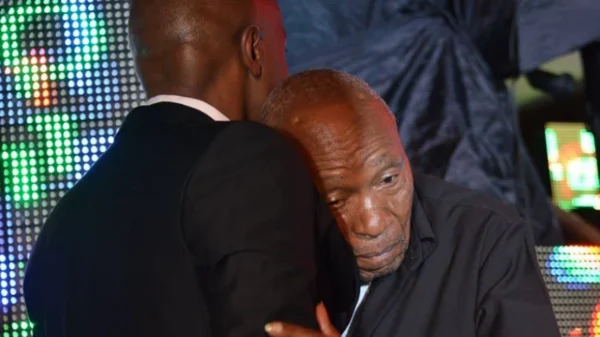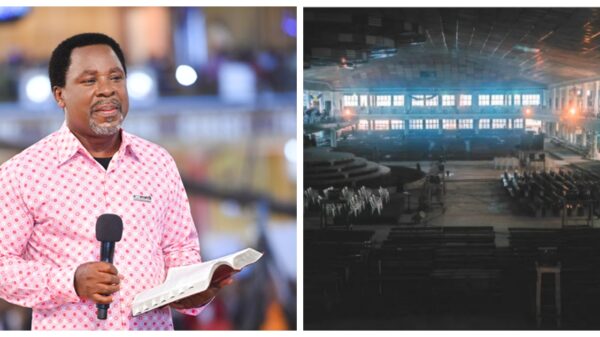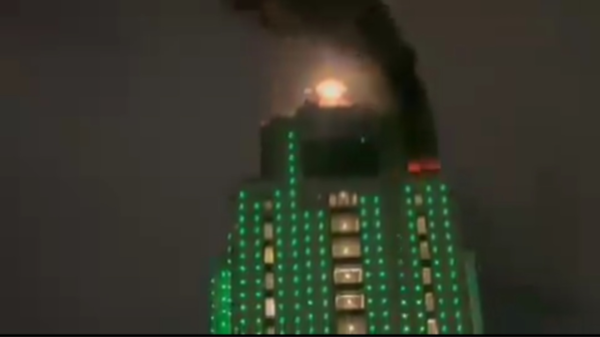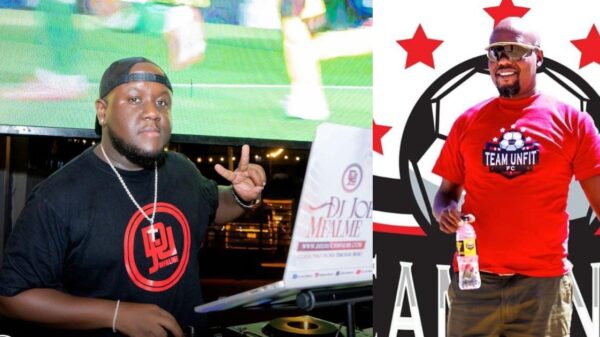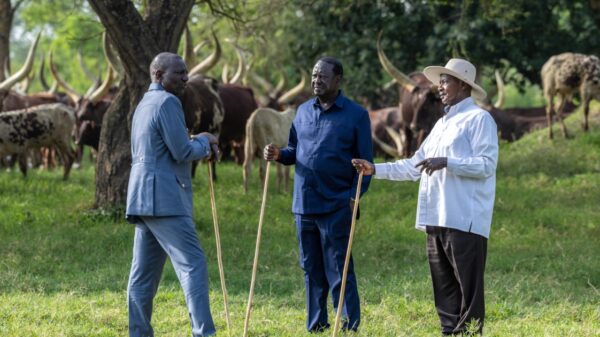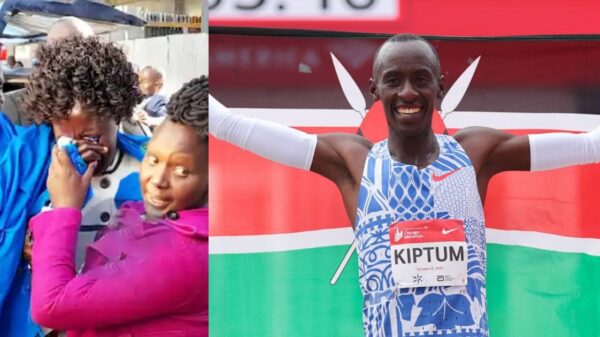• Gang violence in Haiti has increased ahead of the deployment of a multinational force to restore peace
• María Isabel Salvador, warned that the approval of a Vigilante Group known as Bwa Kale between April 24 and September 30 worsened the situation
• According to Salvador, engaging all political stakeholders in Haiti and employing dialogue will be the best way to restore peace and order
Gang violence in Haiti has increased to a record high ahead of the deployment of a multinational force to restore peace and tranquillity.
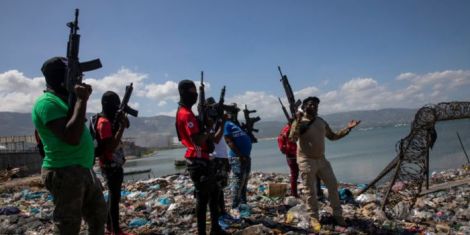
An armed gang in Haiti
Photo; PBS
The United Nations Security Council reported this worrying trend on Monday, October 23, while advocating for an urgent deployment of foreign police officers to the Caribbean nation.
María Isabel Salvador, Special Representative of the Secretary-General and Head of the United Nations Integrated Office in Haiti (BINUH), warned that the approval of a Vigilante Group known as Bwa Kale between April 24 and September 30 worsened the situation.
Reports alleged that Bwa Kale began after residents of the capital, Port-au-Prince, assaulted and lynched suspected gang members. With over 160 suspected criminals killed in the previous months, local human rights groups warned that gangs were poised to retaliate.
“The security situation on the ground continues to deteriorate as growing gang violence plunges the lives of the people of Haiti into disarray and major crimes are rising sharply to new record highs,” María Isabel Salvador warned.
According to Salvador, engaging all political stakeholders in Haiti and employing dialogue will be the best way to deliver an inclusive and credible election and return to the rule of law.
“The security situation on the ground continues to deteriorate as growing gang violence plunges the lives of the people of Haiti into disarray, and major crimes are rising sharply to new record highs,” she cautioned.
Ghadha Fathi Waly, an executive director of the United Nations Office on Drugs and Crime ( UNODC), added that gangs took over key infrastructure in Haiti while meting violence on citizens.
“Through these routes, traffickers are taking advantage of the Haitian security sector’s limited capacities, equipment, and infrastructure for border and maritime control and surveillance,” she highlighted, citing sea and routes as major sneaking routes.
She also added that the violence in Haiti has displaced almost 200,000 as the violence spreads from the capital, Port-au-Prince, to other departments.
UNSC thus recommended sanctions against gang leaders before the country holds fresh elections and to pave the way for a smooth national dialogue.
The Caribbean country is set to hold its national elections on a date yet to be announced.
Meanwhile, the United Nations Security Council, on October 2, approved a resolution to send a multinational force to Haiti led by 1,000 Kenyan police officers.
While acknowledging the resolution, President William Ruto maintained that the mission will help Haitians restore their democracy and reinstate the status quo from gangs.
”I commend the Security Council for making this moment possible and extend special appreciation to the United States and Ecuador for the consultative, inclusive, and focused endeavour, which has proved critical to the outcome,” Ruto stated.



